In a bold escalation of internal party warfare, the United Democratic Alliance (UDA) has issued a formal show-cause letter to Kakamega Senator Boni Khalwale, demanding an explanation within 14 days for his open support of a non-UDA candidate in the upcoming Malava parliamentary by-election. The move sends shockwaves through Kenya’s political landscape, spotlighting fissures within the ruling party.
Accusations of Disloyalty and Gross Misconduct.
The show-cause letter, dated October 9, and referenced as UDA/15/DISP/25, was released by Charles Njenga, chairperson of UDA’s Disciplinary Committee. It cites multiple political actions by Khalwale—public statements, campaign appearances, and endorsements—as evidence that he has breached the party’s constitution and code of conduct.
At the heart of the dispute is Khalwale’s backing of Seth Panyako, a candidate from DAP-K, in the Malava by-election—a direct competitor to UDA’s chosen candidate David Ndakwa. The letter describes Khalwale’s actions as “open, vocal, conspicuous and substantial,” and goes on to accuse him of promoting a position that runs counter to UDA’s interests.
According to the notice, such behavior constitutes “gross misconduct” and “disloyalty” to the party that backed him into the Senate. Khalwale is accused of acting outside the bounds of expected party discipline and is warned that further sanctions could include formal hearings.
14-Day Ultimatum: Response or Risk Sanctions.
Khalwale has been given exactly fourteen days to submit a written response to the Disciplinary Committee, explaining why no further action should be taken. The letter states that failure to respond or a determination of guilt could trigger formal summonses, disciplinary action, or penalties ranging up to expulsion.
Importantly, the notice affirms Khalwale’s right to defend himself either personally or through legal counsel, per Article 68(p) of UDA’s constitution.
Khalwale Fires Back: Grievance Over Party’s Treatment of Malava Family.
Khalwale has not backed down. He has defended his decision to support Panyako by accusing UDA of sidelining the family of the late MP Malulu Injendi. He argues that while other deceased leaders aligned with UDA were rewarded or supported, Malulu’s family was ignored—prompting him to diverge from the party line.
He claims that his support for Panyako stems from a commitment to represent the “genuine interests” of Malava residents, rather than toeing the party’s demands. In earlier statements, Khalwale had openly appeared alongside Panyako, attending public campaign events.
Implications: UDA’s Message on Discipline and DissentThis showdown raises urgent questions: How far will UDA go to enforce discipline? Will it punish a senior figure like a sitting senator? And what signal does this send to other members who may feel sidelined or dissenting?
Politically, it risks alienating a vocal faction within the party, while also intensifying perceptions that UDA under President Ruto is intolerant of dissent. For a party that prides itself on promise and cohesion, this internal standoff could undermine unity at a critical time.
If Khalwale fails to make a compelling defense, he could be expelled or stripped of party privileges—escalating internal conflict into public fracture. Even if he resists sanctions, the damage to loyalty and morale may already be done.


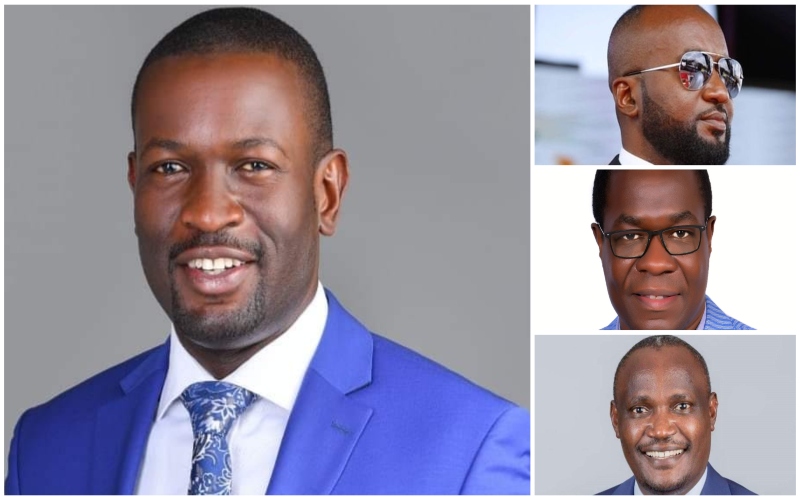
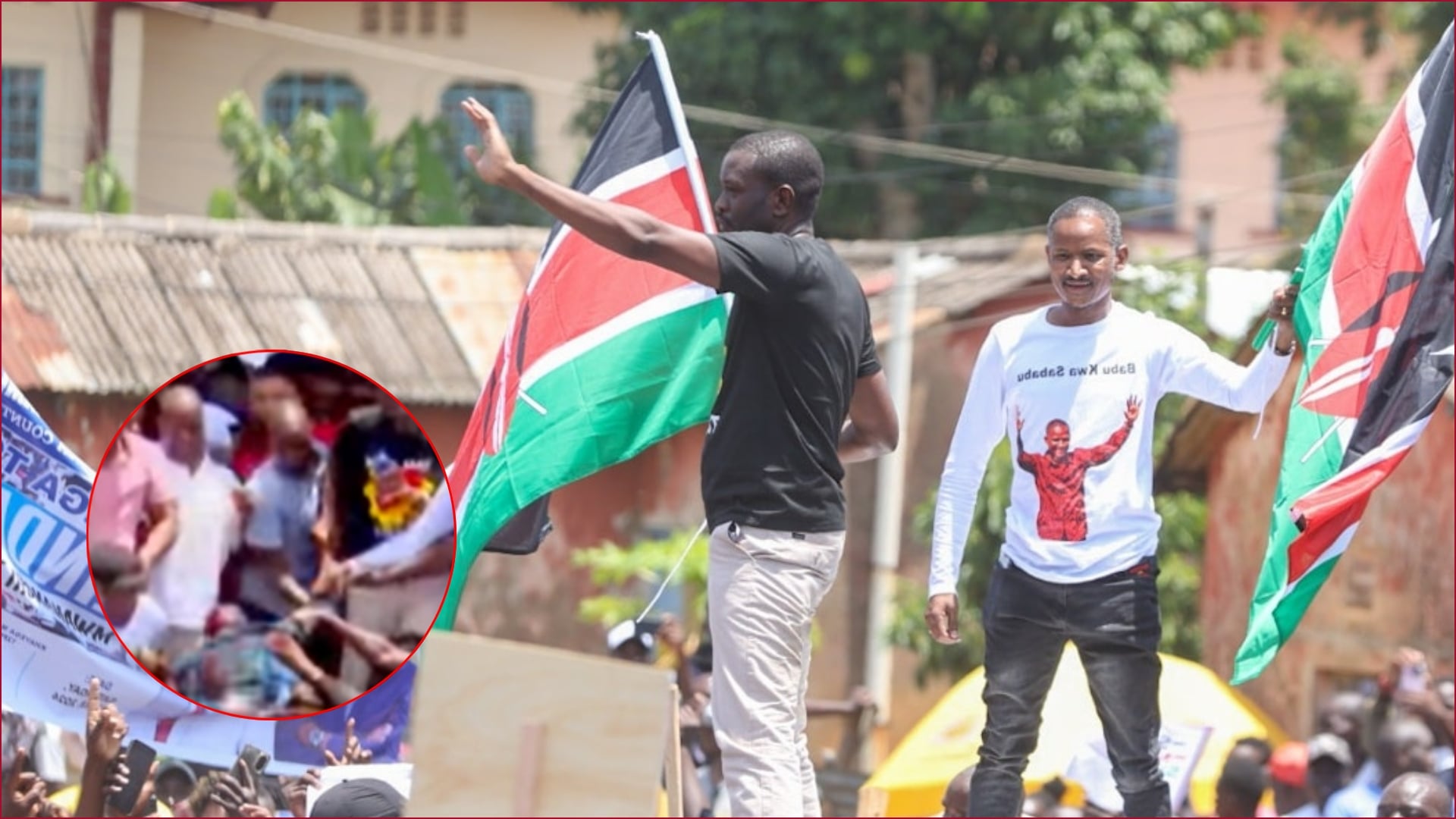
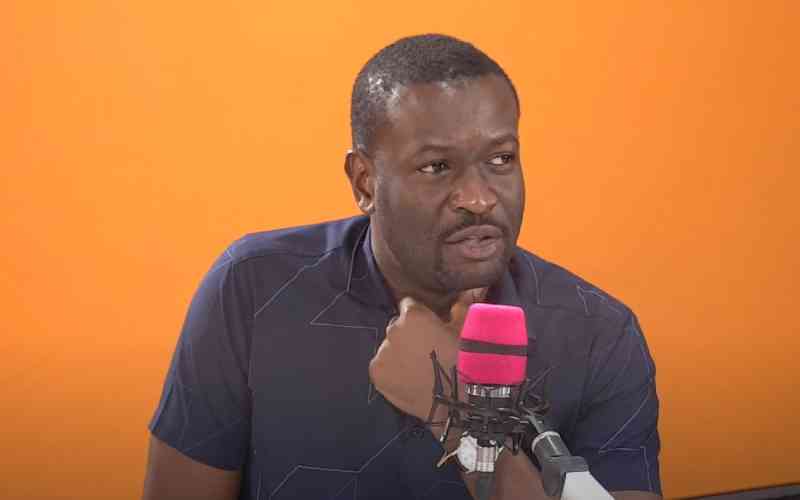
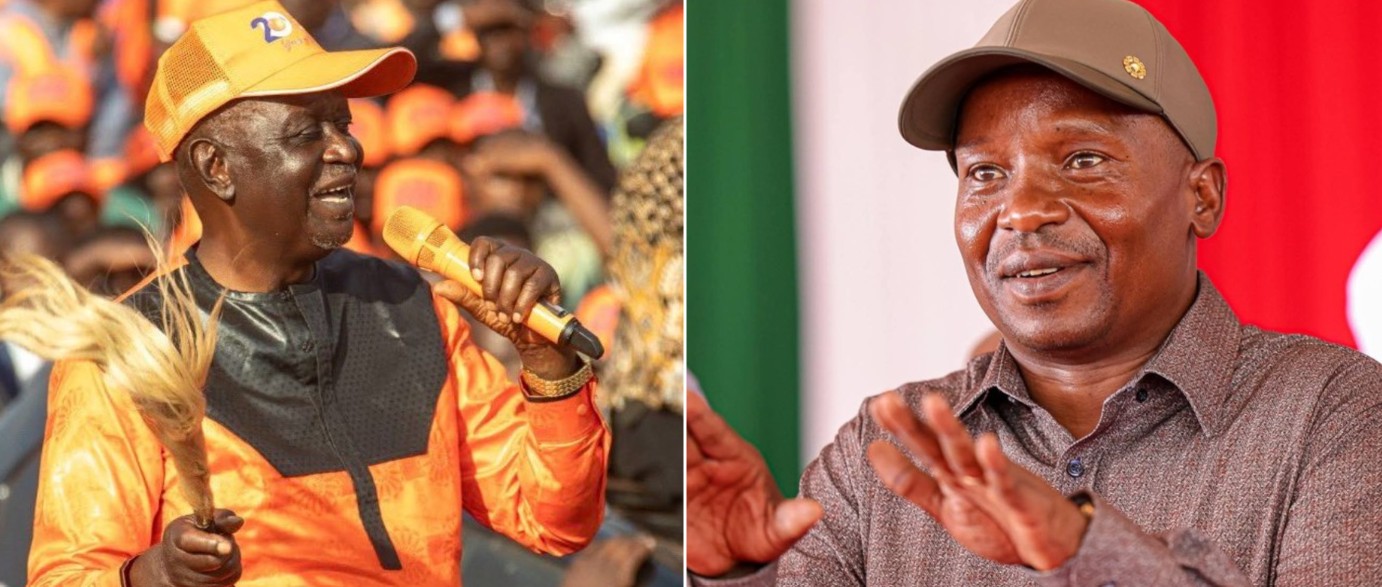
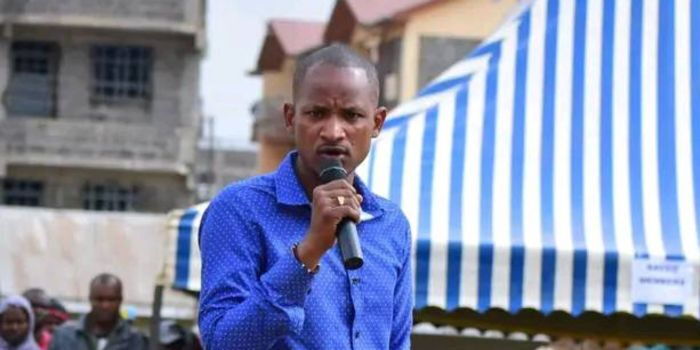
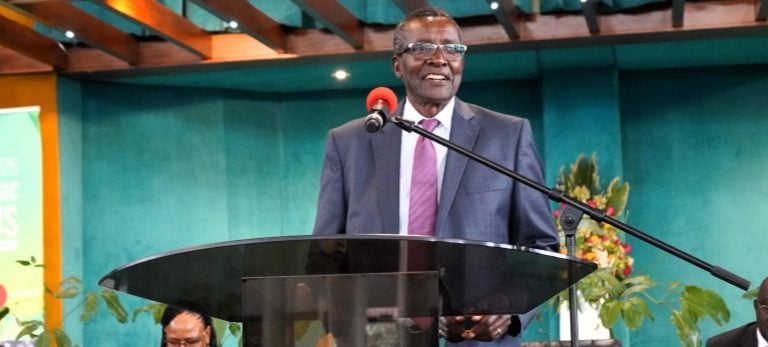
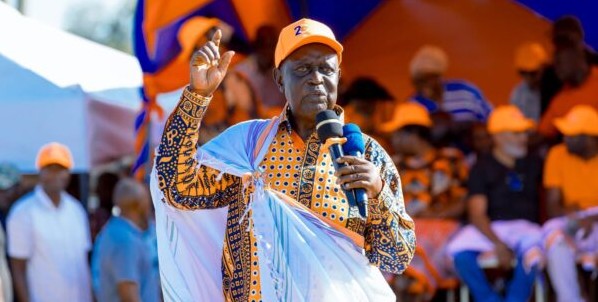
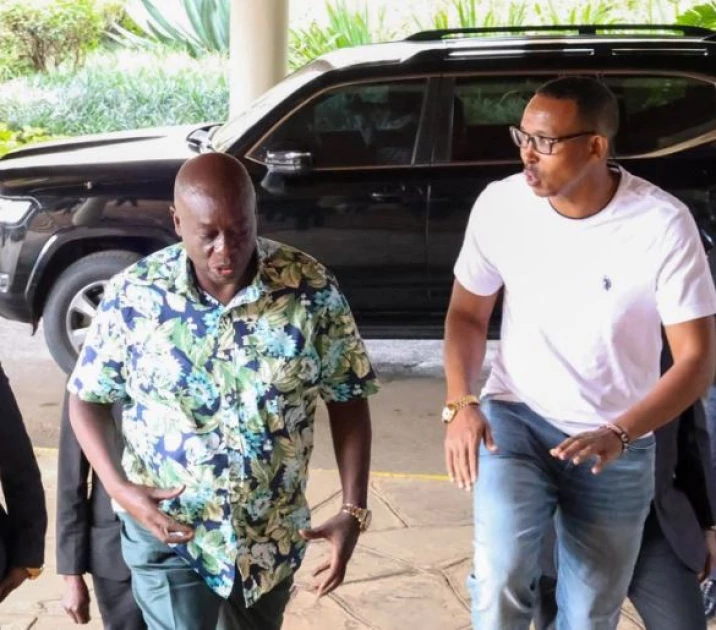
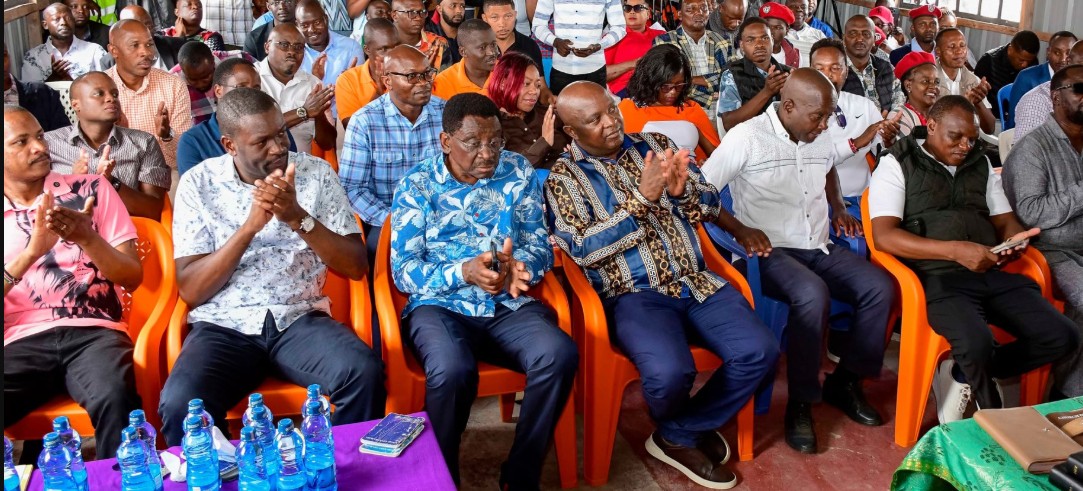
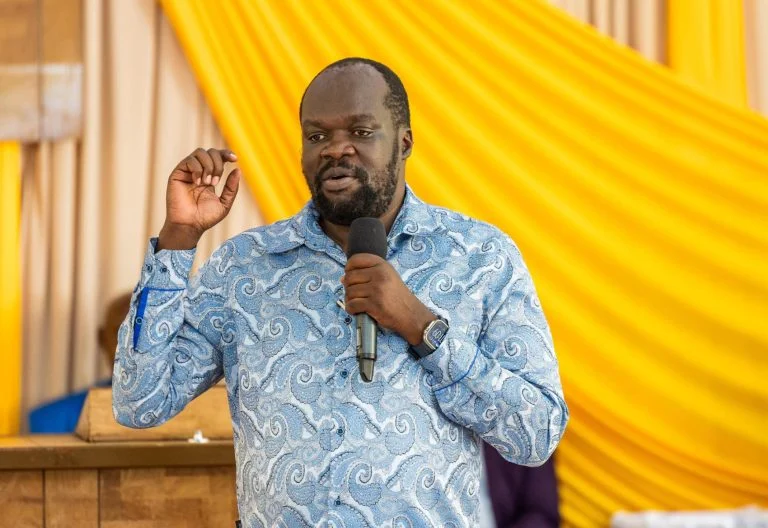

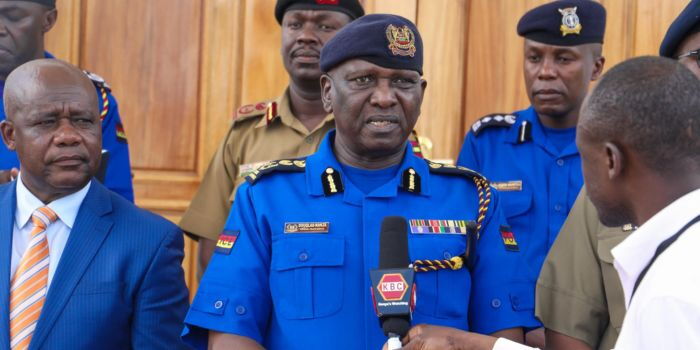
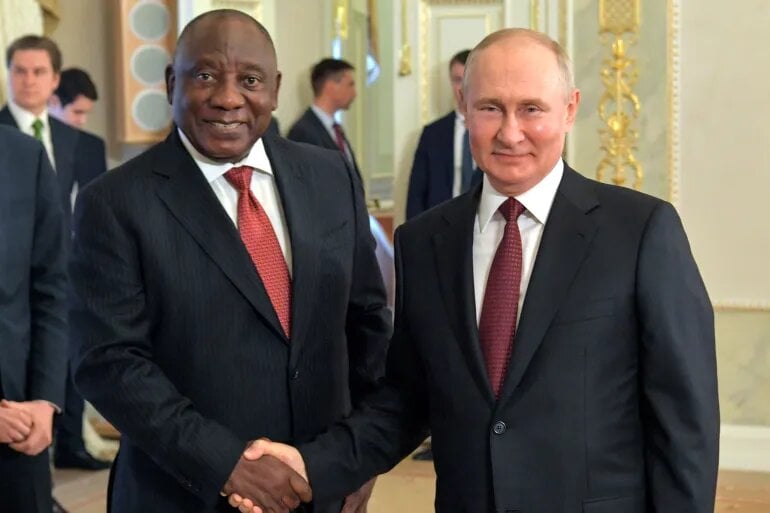
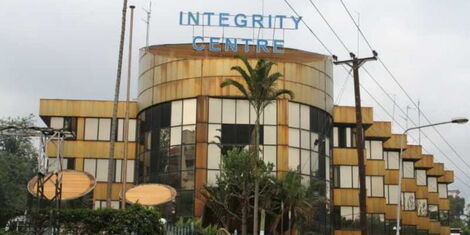
Leave a Reply